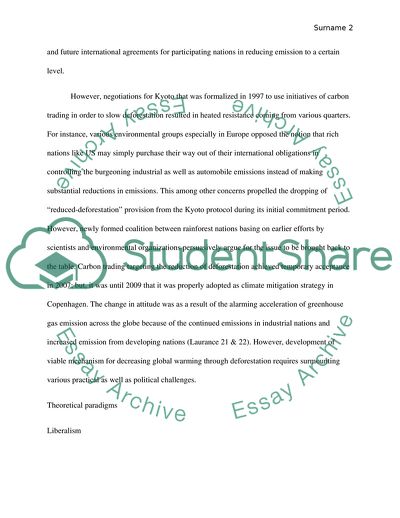Cite this document
(International Relations and Cooperation in Dealing With Global Warming Term Paper Example | Topics and Well Written Essays - 2500 words, n.d.)
International Relations and Cooperation in Dealing With Global Warming Term Paper Example | Topics and Well Written Essays - 2500 words. https://studentshare.org/history/1816825-international-relations
International Relations and Cooperation in Dealing With Global Warming Term Paper Example | Topics and Well Written Essays - 2500 words. https://studentshare.org/history/1816825-international-relations
(International Relations and Cooperation in Dealing With Global Warming Term Paper Example | Topics and Well Written Essays - 2500 Words)
International Relations and Cooperation in Dealing With Global Warming Term Paper Example | Topics and Well Written Essays - 2500 Words. https://studentshare.org/history/1816825-international-relations.
International Relations and Cooperation in Dealing With Global Warming Term Paper Example | Topics and Well Written Essays - 2500 Words. https://studentshare.org/history/1816825-international-relations.
“International Relations and Cooperation in Dealing With Global Warming Term Paper Example | Topics and Well Written Essays - 2500 Words”. https://studentshare.org/history/1816825-international-relations.


